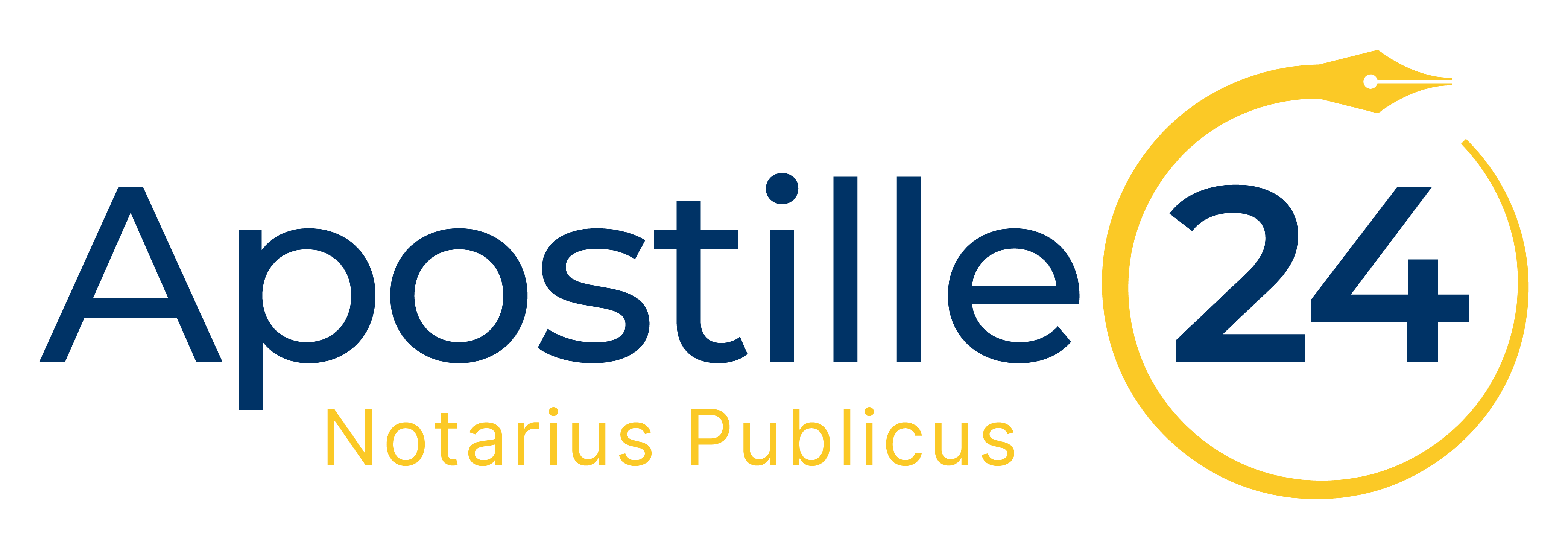In Sweden, registration certificates serve as a cornerstone for businesses, symbolizing their legitimacy and legal existence within the country’s economic framework. These documents not only confirm a company’s registration with the Swedish authorities but also provide essential details such as the business name, registration number, and legal structure. This certification is crucial for establishing trust with customers, partners, and financial institutions, as it assures them of the business’s compliance with Swedish laws and regulations.
The Swedish Companies Registration Office (Bolagsverket) plays a pivotal role in this ecosystem. It is the governmental authority responsible for the registration of companies and associations in Sweden, including the issuance of these all-important registration certificates. The Office ensures that businesses are properly documented and meet all legal requirements, facilitating a transparent and trustworthy business environment. By providing a central registry, the Bolagsverket supports economic activities, aids in legal and financial transparency, and helps in the prevention of fraud, thus bolstering the integrity and reliability of the Swedish market.

Services Offered by the Swedish Companies Registration Office
- Business Name Registration: The Office provides a service for the registration of business names, ensuring that each name is unique and not misleading or in violation of existing trademarks.
- Providing Information and Guidance: It offers guidance and information to businesses on how to comply with Swedish corporate law, including the preparation and submission of necessary documentation.
- Online Services: Bolagsverket’s website hosts a variety of online services, allowing for the electronic submission of applications, reports, and other documents, streamlining the processes for businesses.
Obtaining a registration certificate from the Swedish Companies Registration Office (Bolagsverket) is a crucial step for legitimizing a business in Sweden. This process involves several steps, documentation, fees, and understanding the associated processing times. Here’s a detailed breakdown:
Step 1: Determine Business Structure
- Decide on the type of business structure (e.g., sole proprietorship, partnership, limited company) as the registration process and requirements vary accordingly.
Step 2: Prepare the Necessary Documents
- Sole Proprietorships and Partnerships: Personal identification details, business operation description, and proof of name approval if applicable.
- Limited Companies: Memorandum of Association, Articles of Association, proof of share capital payment (for certain types of companies), and personal identification details for all board members.
- The exact documents required can vary, so it’s essential to consult Bolagsverket’s website or contact them directly for a detailed list based on your business type.
Step 3: Apply for a Business Name
- Before registering your business, you may need to apply for a unique business name and get it approved by Bolagsverket to ensure it isn’t already in use or infringing on existing trademarks.
Step 4: Fill Out the Registration Application
- Complete the relevant application form for your business type. Forms are available on Bolagsverket’s website and can typically be submitted online or by mail.
Step 5: Pay the Registration Fee
- Fees vary depending on the type of business being registered. As of my last update, the fee for registering a sole proprietorship was significantly lower than that for a limited company. Check Bolagsverket’s official website for the current fee structure.
- Payment can usually be made through bank transfer or online payment solutions provided by Bolagsverket.
Step 6: Submit the Application and Documents
- Submit your application along with all the required documents and proof of payment for the registration fee to Bolagsverket.
Step 7: Await Confirmation
- Once your application is submitted, Bolagsverket will review your documents and application. If everything is in order, they will issue your registration certificate.
- Processing times can vary, but expect several weeks to complete the application process. Expedited services may be available for an additional fee.
Important Notes:
- Electronic Registration: Bolagsverket offers an online service for some types of business registrations, potentially speeding up the process.
- Legal Requirements: Make sure to comply with any specific legal requirements for your business type, such as minimum capital for limited companies.
- Regular Updates: Businesses are required to keep their information up to date with Bolagsverket and submit annual reports.
By following these steps and ensuring all your documents are correctly prepared and submitted, you can obtain a registration certificate for your business, facilitating a smooth start to your business operations in Sweden. Always refer to the Swedish Companies Registration Office’s official website for the most current information and guidance.

Types of Registration Certificates
- Sole Trader (Enskild näringsidkare)
- Description: Individual ownership and full personal liability for debts.
- Requirements: Must be a resident of Sweden or the EU. Non-EU residents need a special permit. The individual must register with Bolagsverket to obtain a personal registration certificate for business operations.
- Certificate Details: Includes the owner’s personal details and the business name. It verifies the legal status of the individual to operate as a sole trader.
- Limited Company (Aktiebolag)
- Description: A company with shareholders, where liability is generally limited to the amount of capital invested.
- Requirements: Minimum share capital of 25,000 SEK for private limited companies (or 500,000 SEK for public limited companies), formulation of Articles of Association, and registration with Bolagsverket. Directors and board members must be appointed.
- Certificate Details: Confirms the company’s registration, share capital, and the legal entity’s details, including directors and registered office.
- Trading Partnership (Handelsbolag)
- Description: Two or more partners share profits, losses, and liability for debts.
- Requirements: Partners must sign a partnership agreement and register the partnership with Bolagsverket. At least one partner must be fully liable for the partnership’s debts.
- Certificate Details: Lists the partnership’s name, the partners, and their liability status. It serves as proof of the partnership’s legal registration and structure.
- Limited Partnership (Kommanditbolag)
- Description: Similar to a trading partnership but includes both fully liable (general) partners and those liable only up to their capital contribution (limited partners).
- Requirements: Requires a partnership agreement specifying the terms and registration with Bolagsverket. Must have at least one general and one limited partner.
- Certificate Details: Includes details on the partnership structure, names of general and limited partners, and their respective liabilities.
- Economic Association (Ekonomisk förening)
- Description: A cooperative organization where members benefit from services or goods provided by the association.
- Requirements: At least three members (can be individuals or companies), a board of directors, and registration with Bolagsverket. Must adopt statutes governing its operations.
- Certificate Details: Verifies the association’s registration, member details, and statutes.
- Branch Office (Filia)
- Description: A foreign company’s operational extension in Sweden, not a separate legal entity but part of the parent company.
- Requirements: The foreign company must register the branch and appoint a managing director residing in the EEA. The branch should operate under the same business name as the parent company.
- Certificate Details: Confirms the branch’s registration, its business activities in Sweden, and the managing director’s details.
Specific Criteria and Requirements
- Documentation: Each type requires specific documents, such as Articles of Association for limited companies or partnership agreements for partnerships.
- Legal Representative: Some entities must appoint directors or a managing director who meets residency or nationality criteria.
- Capital: Limited companies have minimum capital requirements, whereas sole traders and partnerships do not.
Compliance with Swedish laws and regulations concerning business registration and operation is not just a formality; it’s a critical aspect of running a business in Sweden. Adhering to these legal requirements ensures that a business operates within the legal framework, guaranteeing transparency, reliability, and trustworthiness in the eyes of customers, partners, and regulatory bodies. The registration certificate serves as a testament to this compliance, signifying that a business is recognized and authorized to conduct its operations in Sweden.
Operating without a valid registration certificate carries significant risks and consequences. It can result in legal penalties, fines, and in some cases, the forced closure of the business. Moreover, without this certification, a business may find it challenging to access banking services, enter into contracts, or participate in the formal economy. The lack of a registration certificate undermines the business’s legitimacy, potentially leading to a loss of confidence among customers and suppliers.
Apostille24 is Here to Help
Once your registration certificate is in hand, a Notary Public can officially issue the Apostille for it. At Apostille24, we’re here to assist with this process. Feel free to reach out to us—either by visiting our office in person or by mailing your registration certificate to us. We’re eager to help you navigate through this step smoothly.

